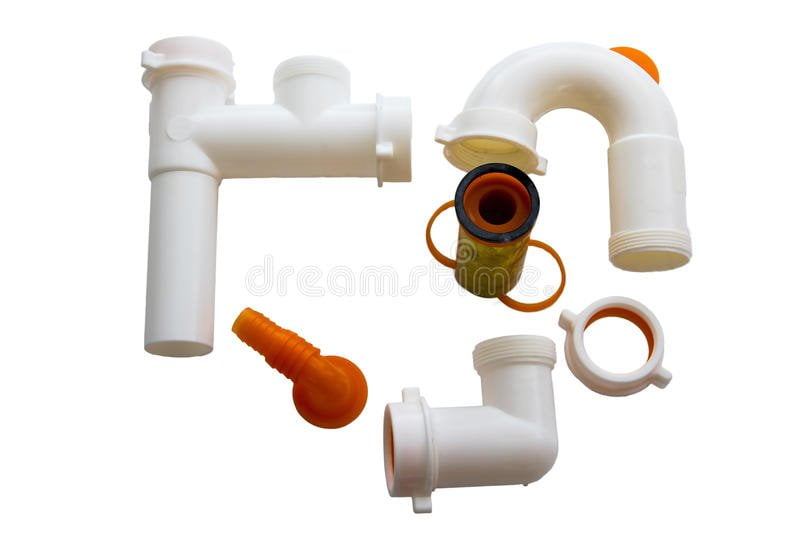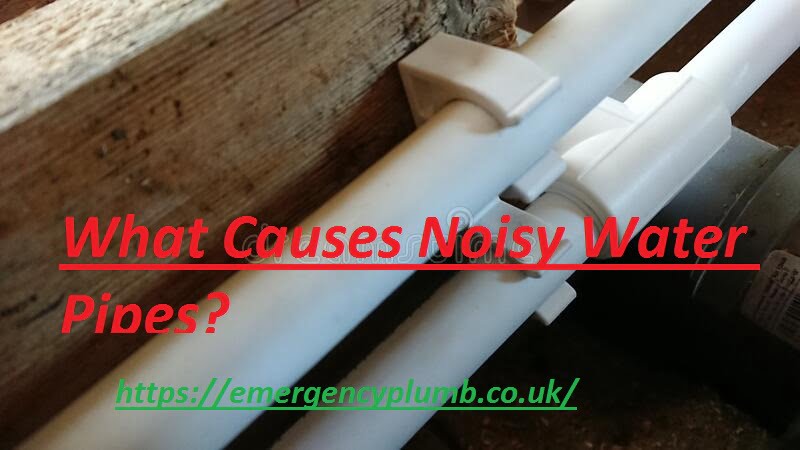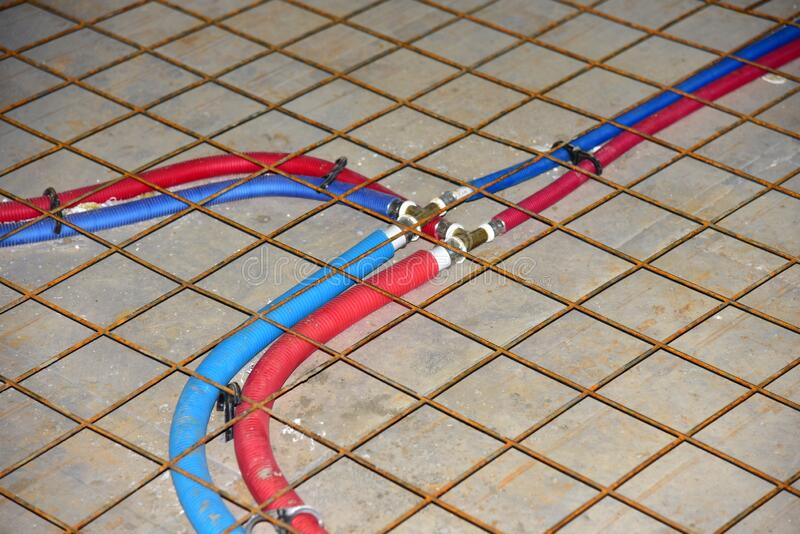Noisy Water Pipes is what we’ve all heard at night. Most of these sounds can be ignored. However, if you hear banging noises from your water pipes, you may have a serious plumbing issue.
Noisy pipes are distractions and it difficult to find the source of the problem. To help handle the problem I mention top reasons why your pipes make noise. When you find the source of the problem, it’s time to fix it.
Are you tired of being startled out of your peaceful evening by the sound of noisy water pipes? We’ve all been there, and it’s certainly a frustrating experience. Fortunately, there are some DIY solutions and professional services available to help you fix this issue. In this article, we’ll dive into the common causes of noisy water pipes, tips to diagnose the source of the problem, and some solutions you can try to quiet your pipes.
See what’s causing your noisy pipes and contact to make your house quiet.
Here are some factors that may cause noisy pipes:
- Water Hammer
- Loose Pipes
- High Water Pressure
- Water Flow Restrictions

Water Hammer
Water Hammer
Water hammer is a common cause of noisy pipes. It occurs when water flow is suddenly stopped, causing a shockwave that travels through the pipes and creates a loud banging sound. Water hammer can be caused by several factors, including a loose washer in a faucet or valve, air chambers that have become clogged with sediment, or a malfunctioning pressure-reducing valve. In addition to being noisy, water hammer can cause damage to your plumbing system over time.
Loose Pipes
Loose pipes are another potential culprit of noisy water pipes. When pipes become loose or unsecured, they can move around and create noise as water flows through them. Loose pipes can produce different types of sounds, including rattling, ticking, or clanging. Over time, loose pipes can cause damage to your plumbing system and should be addressed promptly.
High Water Pressure
High water pressure is a third potential cause of noisy water pipes. When water pressure is too high, it can create excessive force within the plumbing system, leading to noise as water flows through the pipes. The sounds produced by high water pressure can include whistling or hissing. High water pressure can also put additional strain on your plumbing system, increasing the risk of leaks and other damage.
Water Flow Restrictions
Water flow restrictions can also cause noisy water pipes. When there are restrictions in water flow, such as a clogged faucet or a partially closed valve, it can create turbulence and noise as water flows through the pipes. Different types of restrictions can produce different sounds, from whistling to hissing.
DIY Guide to Quieting Noisy Water Pipes
One of the most common culprits of noisy water pipes is water hammer. It’s a phenomenon that occurs when the flow of water in a pipe is suddenly interrupted, causing a shock wave that reverberates through the plumbing system. If you hear a loud banging or thudding noise, it’s likely water hammer. Loose pipes and fittings can also cause pipes to vibrate and make noise. When pipes and fittings are not properly secured, they can rattle and create an unpleasant sound. Air in the pipes and high water pressure can also contribute to noisy water pipes.
 No More Startling Sounds: Tips to Silence Your Noisy Pipes
No More Startling Sounds: Tips to Silence Your Noisy Pipes
So, how can you diagnose the source of the noise? The first step is to turn off the main water supply to your home and then turn on each faucet one at a time to see if the noise occurs. This can help you determine if the problem is isolated to a specific area or if it’s more widespread.
t do the same job. Hammering can create after years, as the air in that little vertical riser is lost, and thus the cushioning effect is lost.
Troubleshooting Noisy Water Pipes: Diagnosing the Problem
If you’re interested in trying some DIY solutions, water hammer arrestors and pipe insulation can be effective in reducing the noise caused by loose pipes and water hammer. Bleeding the air out of the pipes can also help with noisy pipes caused by air in the plumbing system.
The Expert Solution: Calling in a Professional Plumber for Noisy Pipes
However, if you’ve tried these solutions and are still experiencing noisy water pipes, it may be time to call in a professional plumber. They can help diagnose the source of the problem and offer more advanced solutions, such as installing a pressure regulator to reduce high water pressure or re-securing loose pipes and fittings.

Install Water Hammer Arrestors
Fortunately, there are several solutions available to address noisy water pipes. One solution is to install water hammer arrestors. These devices absorb the shockwave created by water hammer and prevent noise from traveling through the pipes. Water hammer arrestors can be installed at the source of the problem, such as at a washing machine valve or dishwasher inlet.
Secure Loose Pipes
Another solution is to secure loose pipes. By securing pipes with brackets or straps, you can reduce movement and noise as water flows through them. There are several methods available for securing pipes, such as using pipe clips, J-hooks, or pipe clamps.
Adjust Water Pressure
Adjusting water pressure can also be an effective solution for reducing noise in your plumbing system. A plumber can install a pressure-reducing valve to regulate water pressure and prevent excessive force from building up in the pipes. Other methods for adjusting water pressure include installing a water pressure regulator or a pressure relief valve.
Remove Water Flow Restrictions
Finally, removing water flow restrictions can also reduce noise in your plumbing system. This can be done by cleaning or replacing clogged faucets, showerheads, or valves. It’s important to note that some causes of noisy water pipes, such as high water pressure, require professional expertise to diagnose and fix.
Solutions for Quieting Noisy Water Pipes
Taking preventative measures can also help you avoid the problem of noisy water pipes. Installing a water pressure regulator and inspecting and securing your pipes regularly can help you identify and address potential issues before they become a problem.
In conclusion, noisy water pipes don’t have to be a permanent problem. By understanding the common causes and taking steps to diagnose and fix the issue, you can once again enjoy peaceful plumbing in your home. Whether you try DIY solutions or call in a emergency plumber, taking action to quiet your noisy pipes can help make your home a more comfortable and peaceful place to be.


 No More Startling Sounds: Tips to Silence Your Noisy Pipes
No More Startling Sounds: Tips to Silence Your Noisy Pipes